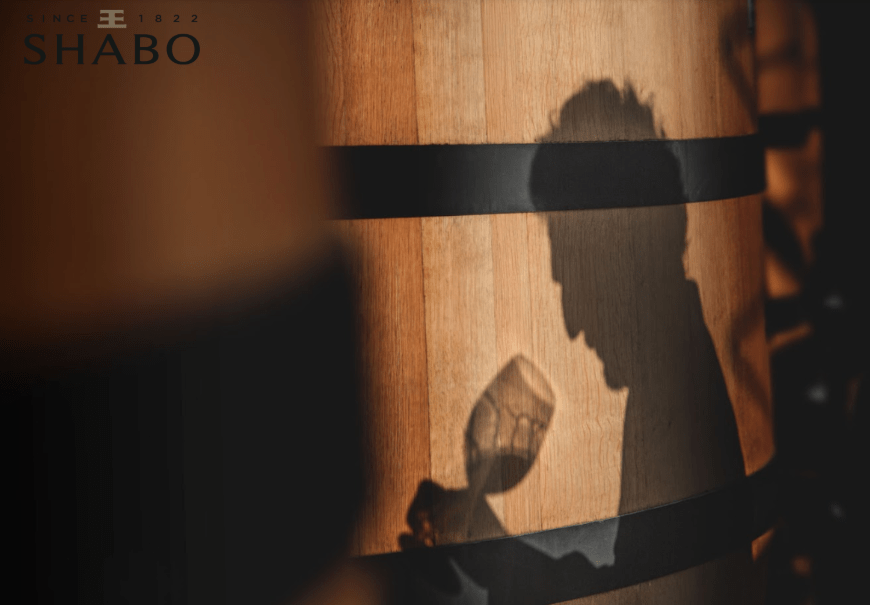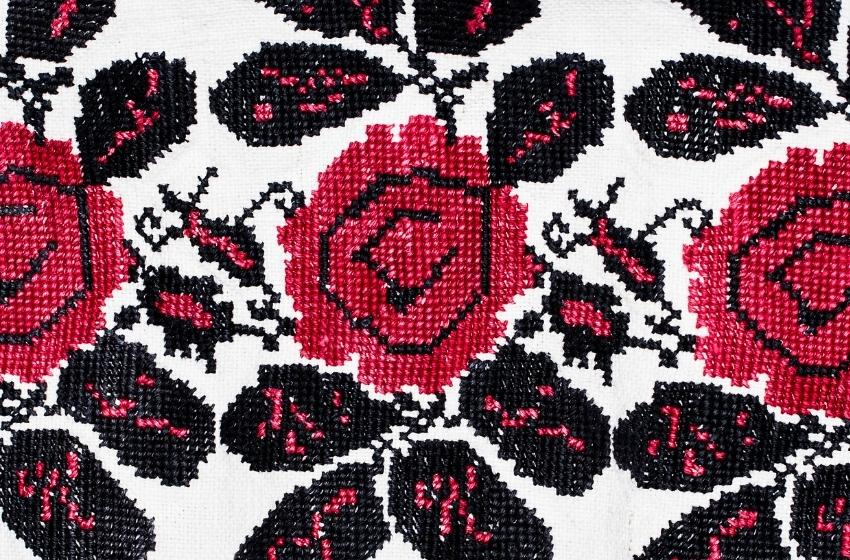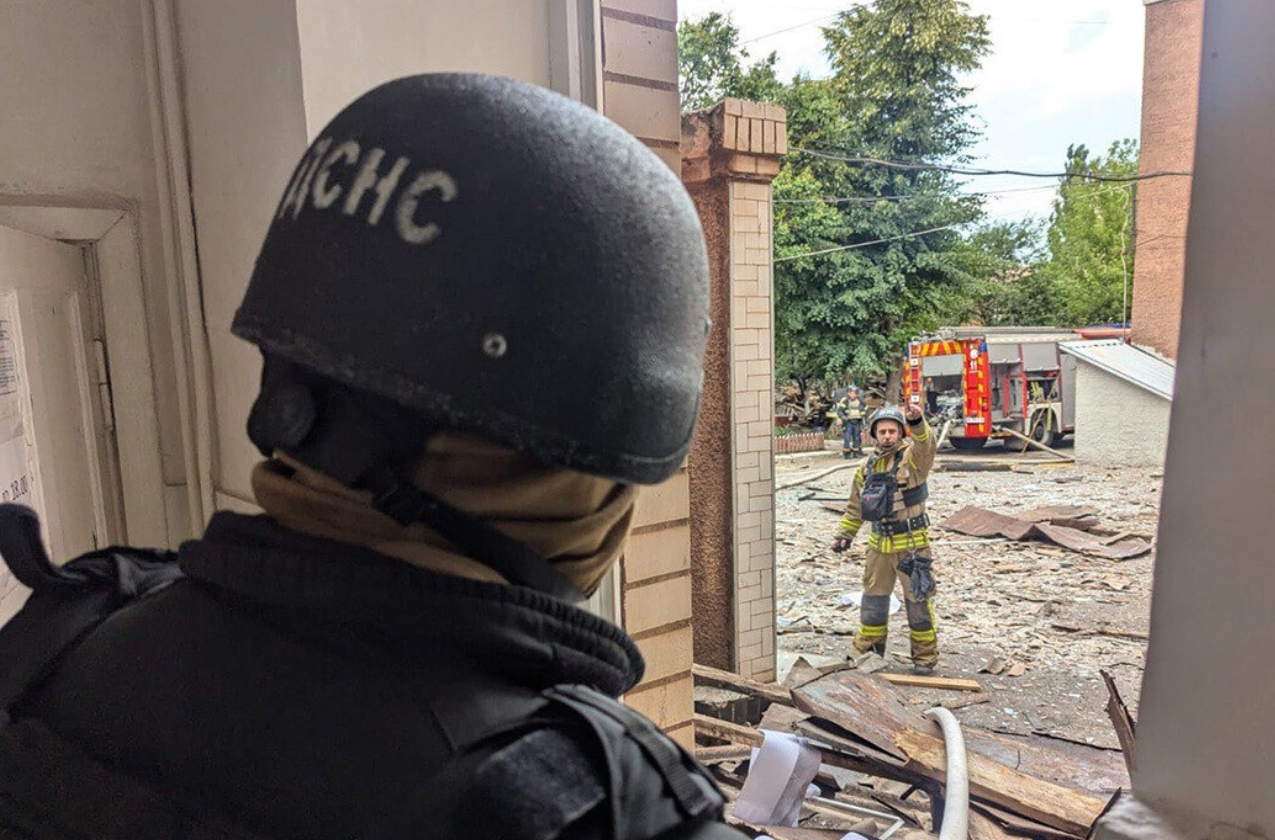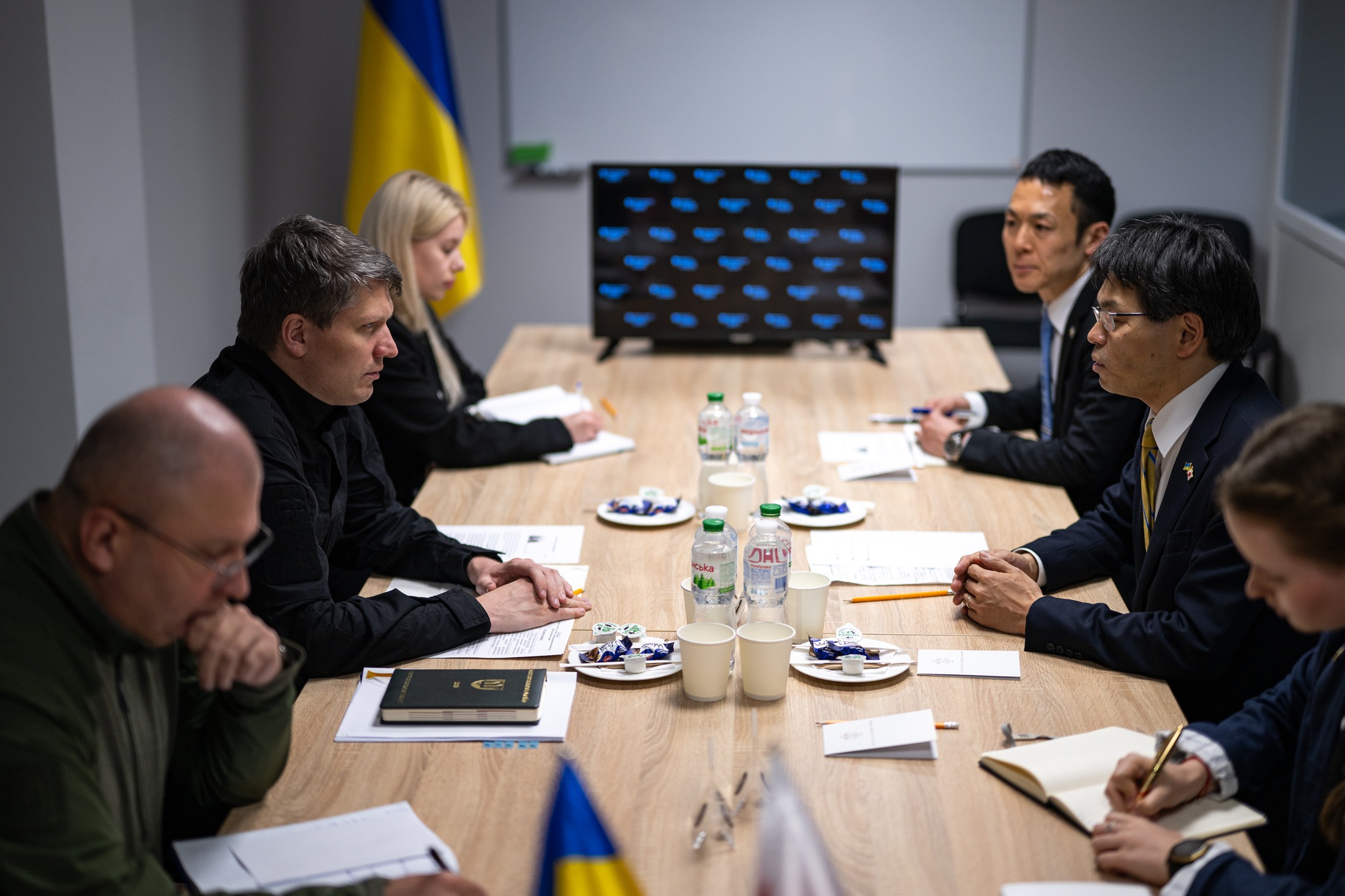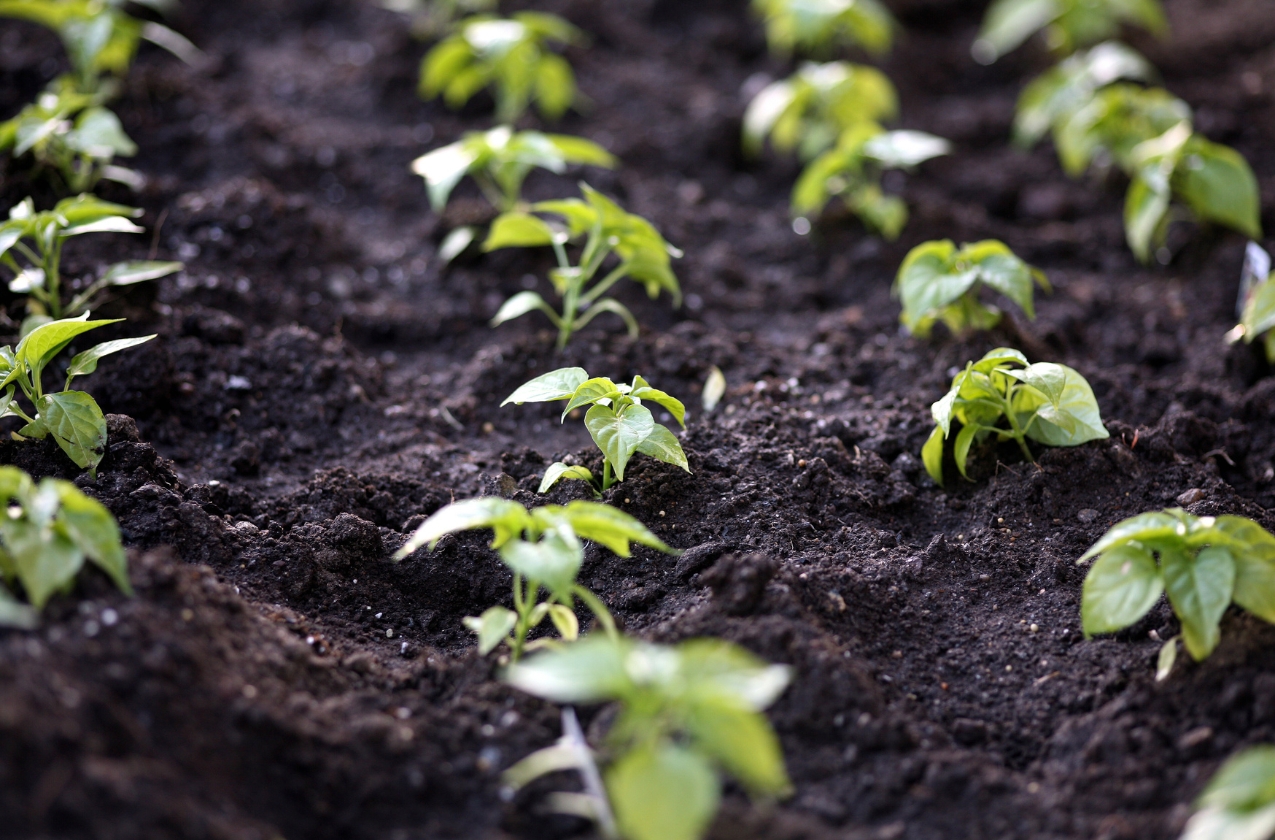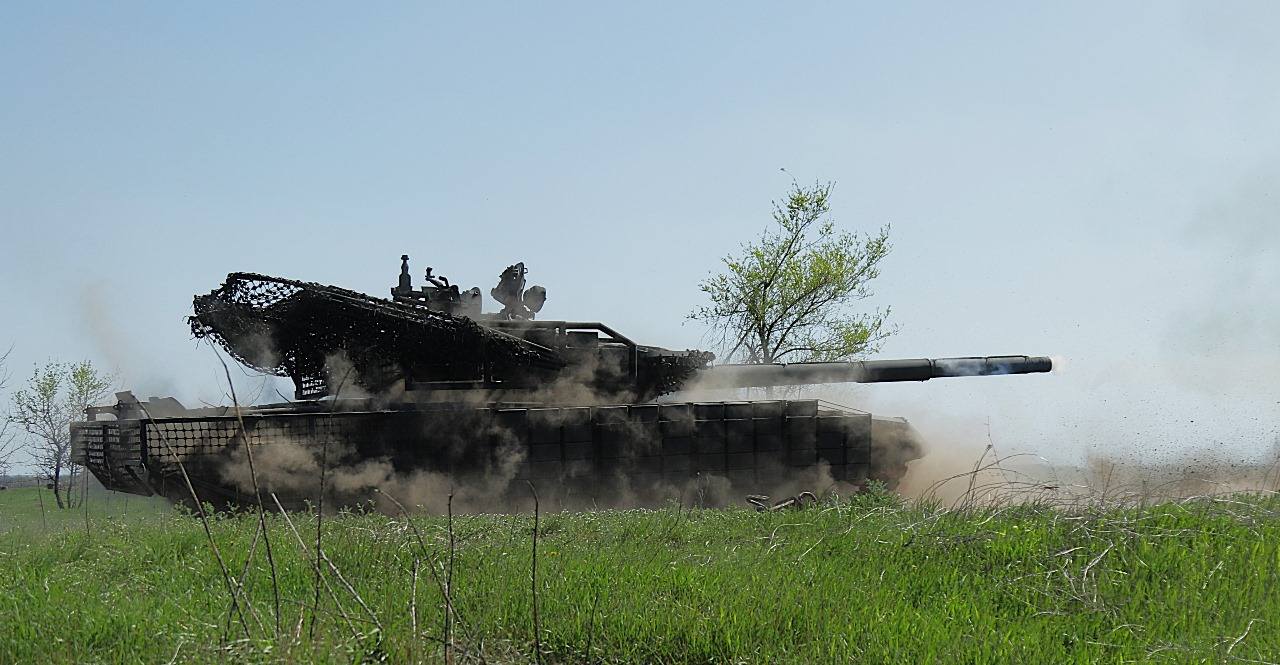The Shabo Wine Culture Center is located directly on the site of the Shabo production complex in one of the oldest wine-growing regions of Europe, the traditions of which were laid down in ancient times.
In the village of Shabo, located 11 km from Belgorod-Dniestrovskiy, there is the famous Shabo Wine Culture Center. This is the only cultural center in Ukraine that combines an existing high-tech enterprise, ancient wine cellars, a tasting room, expositions of modern sculptural and architectural art, as well as a unique Museum of wine and winemaking.
Every year, Shabo Wine Culture Center receives tens of thousands of visitors. The center offers highly popular organized tours and hosts events aimed at improving the drinking culture, popularizing healthy lifestyle, and strengthening family traditions.
The uniqueness of this establishment is highly appreciated by not only the connoisseurs of noble beverages but also international experts. The project was also highly appreciated in Ukraine: in the spring of 2009, at the Black Sea Pearl professional tourism competition, he was awarded the highest award in the nomination “Best Innovative Projectâ€, and in 2010 he received a “Golden Star†in the nomination “Best Regional Development Project†tourism". In September 2011, the Center hosted the Days of European Heritage, an international forum held under patronage of the Council of Europe. It can be found on the European map of wine museums and was named Europe’s cultural heritage site.


The village of Shabo is located at “grape latitude†- between 46 ° and 47 ° north latitude - on one parallel with the most famous wine-growing regions of France - Bordeaux and Burgundy.
History
Shabo is one of the oldest terroirs in Europe. Ancient Greeks are considered the forefathers of winemaking in this region. In the 6th century BC, Greek colonists founded the settlement of Tyra on the Black Sea shore (later known as Akkerman) and planted the first vineyards there. It happened no less and no more than 2.5 thousand years ago


The Ottoman period in this land began in the 16th century. The settlement was renamed to Aşa-abag, Turkish for ‘lower gardens’ (as vineyards were called back then). This name was given for a reason: the vineyards were located below Akkerman (present-day Belgorod-Dniestrovskiy). Various grape varieties were grown there, but there was one among them, which is still grown in Shabo and considered autochthonous: Telti-Kuruk, translated from Turkish as ‘fox tail’. Shabo has a special programme of preserving these unique grapevines.

The beginning of cultural winemaking in this region is attributed to Swiss immigrants who founded here a winemaking settlement in 1822. After a long journey of 2.5 thousand kilometers, the Swiss from the faraway Canton of Vaud have arrived to Aşa-abag on the shore of the Dniester Estuary. Because of the difficult pronunciation, the Swiss have soon renamed their settlement – first to Shabag and then to Shabo.
‘If you want to see the paradise on Earth, you won’t find a better place’.
The founder of the Swiss colony, Louis Tardan


He planted here the first grapevine and in 1847 his son Carl Tardan presented 8 varieties of Shabo wine at the first agricultural exhibition in Chisinau. Thanks to the unique properties of local terroir and the exceptionally hardworking attitude of the Swiss immigrants, this area has gradually become a real grape growing country.


The Swiss brought European winemaking standards with them and planted these standards here. As a result, in 1847 Shabo wines won their first gold medal, thus originating a tradition of winning the highest awards at the world’s best tasting contests.
During Soviet times, our company specialized in primary winemaking and was one of the largest in the Soviet Union. Shabo vineyards provided the base for scientific research. The company was growing grapes of many varieties and producing base wine for still and sparkling wines; vintage wines were highly popular, too.
Despite the best efforts of Mikhail Gorbachev’s ‘anti-alcohol campaign’, the locals were able to preserve the grape plantations and winemaking infrastructure. Nevertheless, during the years of perestroika the winemaking in Shabo has gradually declined.





Shabo’s centuries-old winemaking traditions were at the basis of foundation in 2003 of Shabo Wine Company, a Ukrainian winemaking complex with full production cycle. The company is engaged in grape growing, processing, production, and sales of Shabo alcoholic beverages made from selected grapes only. In a short time, the company became one of the industry’s leaders. Today, wide range of Shabo beverages is sold in all regions of Ukraine and in Georgia, Israel, China, Poland, Latvia, Estonia, Belgium, France, Denmark, Czech Republic, USA, Brazil, Canada, Azerbaijan, Japan, Norway and Great Britain.




What to see on the territory of the Shabo Wine Culture Center
- The ancient "Royal Cellar", created more than 200 years ago
- Ancient Sherry cellar, where in oak barrels a unique wine “grows†- dry sherry.
- Giant underground storage facilities
- The Cognac yard with an oak barrels for aging noble cognac spirits.
- Unique Champagne House for the production of high-quality champagne in a classic way.
- The modern Cold bottling workshop, the equipment of which guarantees sterility of bottling and preservation of the natural properties of wine.
- An unusual museum labyrinth with its ancient myths about wine.
- A cinema hall in which you will see the story of the village of Shabo
- The Dionysus fountain a symbol of Shabo, where you can touch the miracle of the creation of wine
Website | Facebook | Instagram

Read more:
- Where to: Drink Wine in Odessa
- Wine marked by a Michelin guide
- With wine and hope, anything is possible









